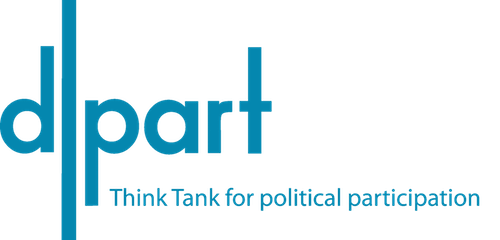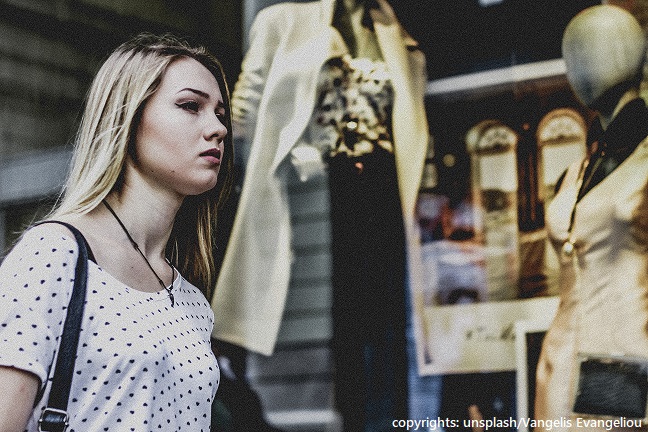Walking the talk of an open society
By Paul Gaudric and Paul Lagneau-Ymonet.
Young French people tend to be more committed to open-society values than older generations, but inconsistency and indifference to collective action constitute two challenges for advocacy, according to research by the Open Society European Policy Institute and d|part
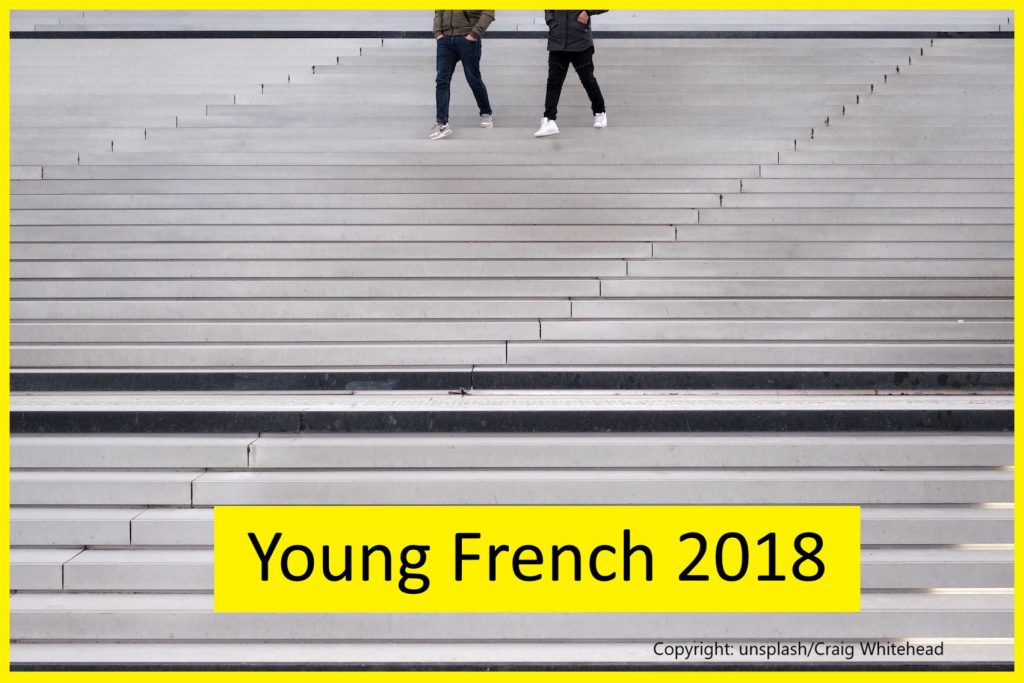
How do French people feel about the open society, particularly the younger generation, if by this we mean freedom of thought, the rule of law, and believing that facts are true and not fake news?
Data from our Voices on Values survey suggests three main categories of respondents: Champions of an open society, its Adversaries and its Pillars, the most reliable respondents on open society issues. We have also identified a positive demographic trend and two dangers that advocates of an open society must watch out for.
Champions supported the statements that it is “absolutely essential” or “fairly essential” for a good society that “people who have recently come to live in France should be treated equally”, that “everyone should be able to practise their religion freely”, and “to express their opinion freely”. Champions also thought that “government-critical groups and individuals should be able to engage in dialogue with the government”, that “the rights of minorities be protected”, that “all political views of the population be represented in parliament”, and that “the media be able to criticise the government”.
Adversaries considered it “absolutely essential” or at least “fairly essential” to a good society that “as few immigrants as possible come to France”, that “the government ensures that media reporting always reflects a positive image of France”, that “non-Christians only visibly practise their religion at home and in their places of religious worship”, that “same sex couples do not kiss in public” and that “the right to citizenship be limited to people whose parents hold French citizenship or who are ethnically French”.
Adversaries tend to be over-65s, although people over-80 are usually more tolerant. Champions are better educated, and gender, age and revenue don’t play a significant role. Their responses can at times be ambivalent, as when they systematically praise open society values but, as President Emmanuel Macron likes to say, “en même temps” make statements to the contrary.
Pillars are a separate third group. They don’t systematically praise open society values, nor do they oppose them. They adhere to the core principles of an open society, and tend to be younger and better educated. But they also often undervalue the roles of unions, NGOs and independent administrative authorities, despite their key roles in an open society.
Good news
The good news is that Adversaries account for only 9 percent of respondents. Most are over 65s (table 1), and Adversaries aged under 35 are few, representing less than 4 percent of their age group (table 2). Independently of education levels, older people are generally more hostile to open society values.
Table 1: The three categories by age group
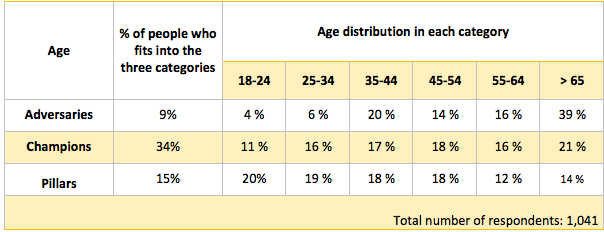
A third of all interviewees agreed with the open society statements (table 1), with education levels rather than gender, age or incomes uniting them. This correlation came as no surprise, but we should be careful about interpreting it, as positive statements don’t necessarily mean acting on them.
That’s why we have distinguished Champions from Pillars. Contrary to Champions who are more inclined to speak up but are seldom personally committed. Pillars always espouse open society views, and their actions are usually consistent with their principles. They are more reliable than Champions when it comes to living by open society rules.
Table 2: Cross-tabulation Adversaries by age

Not-so good news
The not-so-good news is that Pillars account for only 15 percent of all respondents (table 1). They tend to be younger and better educated, and as steady supporters of an open society they consider that freedom of thought is more important than concerted criticism of the government by non-governmental organisations, including unions and political parties (table 3, first column).
They would rather speak out individually than express their views collectively, and thus more effectively. This may signal a misunderstanding of the role played by NGOs, unions and independent administrative authorities, such as ombudsmen, in the process of setting out rules in an open society.
This disregard for collective action may also be a consequence of a political system that promotes the stability of presidential majorities rather than diversity of expression through parliamentary representation. Or it may be down to a lack of trust in the media, which in France is mainly controlled by industrialists who operate other businesses.
For Champions, the results are somewhat troubling, as they aren’t always consistent: 80 percent say that at least one of the more reactionary statements in the survey’s list is “absolutely essential” or “fairly essential”. This is slightly less than the ratio for all the interviewees (85 %).
Two questions in particular attract contradictory responses, those on religion and migration: 15 percent of Champions consider it “absolutely crucial” that “as few immigrants as possible come to France”, and almost one out of every five Champions thinks that it is “absolutely crucial” that “non-Christians only visibly practise their religion at home and in their places of religious worship” (table 4, first column).
Table 3: Frequency tables for Pillars
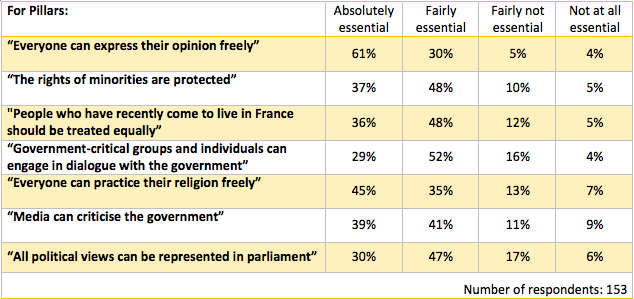
Table 4: Frequency tables for Champions
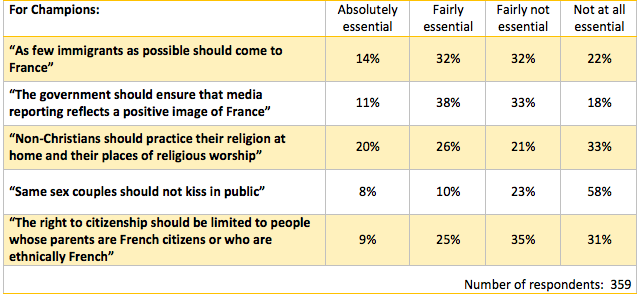
Conclusion
Advocates of an open society in France need to promote their ideas among the younger generation, where they face two main challenges: individual inconsistencies, as when people say they are in favour of open society values, while at the same time choosing some closed society values, and a lack of interest in the collective expression of diverse, and sometimes divergent opinions. The challenge for those who defend the open society is both to define it in clear language, and to reduce the inconsistencies between what people say and what they do.
–
Paul Gaudric is an industrial relations consultant. Paul Lagneau-Ymonet teaches sociology at Paris-Dauphine (PSL Research University, IRISSO)
Disclaimer
The views and opinions expressed in this article are those of the authors.
